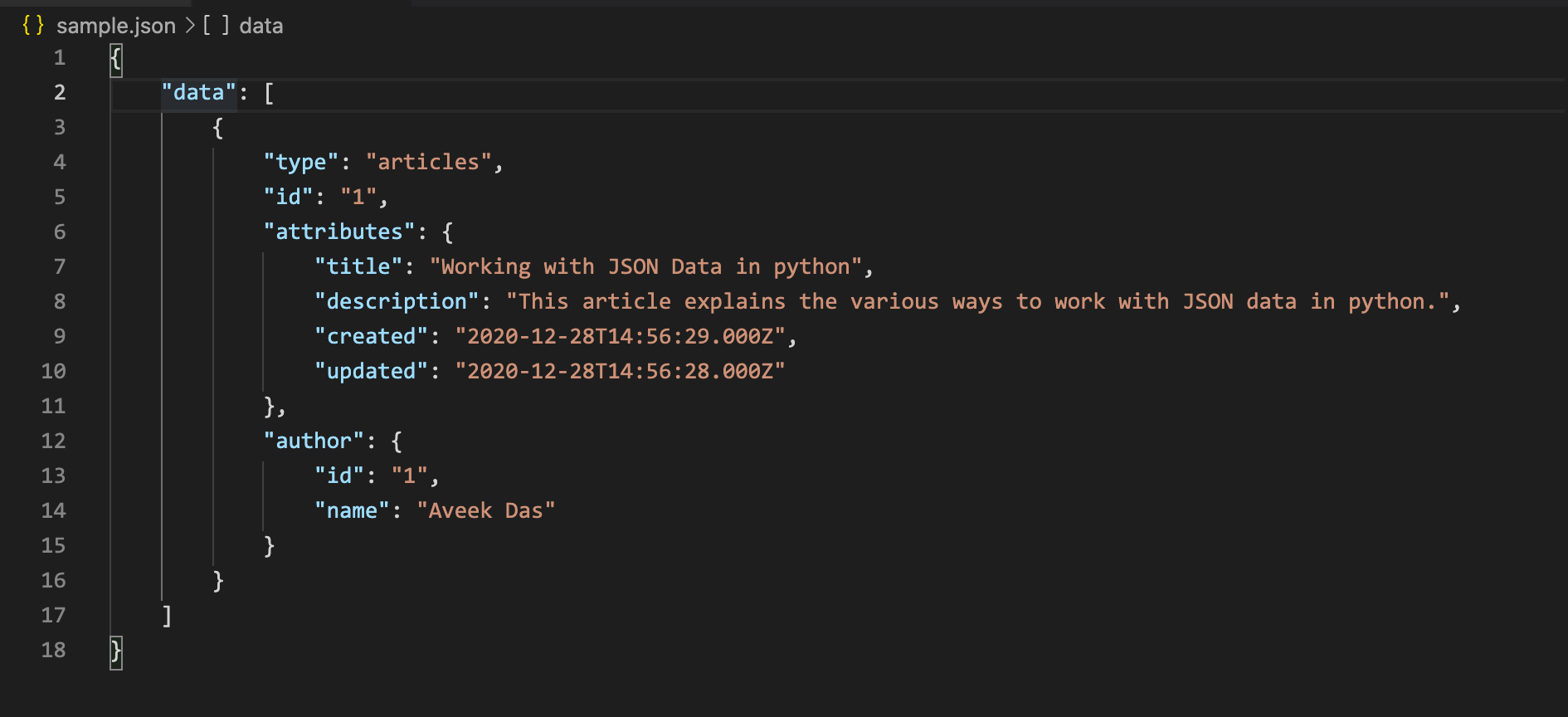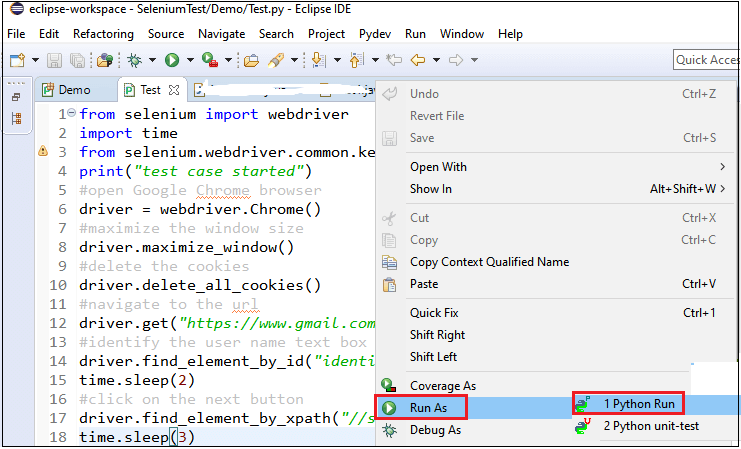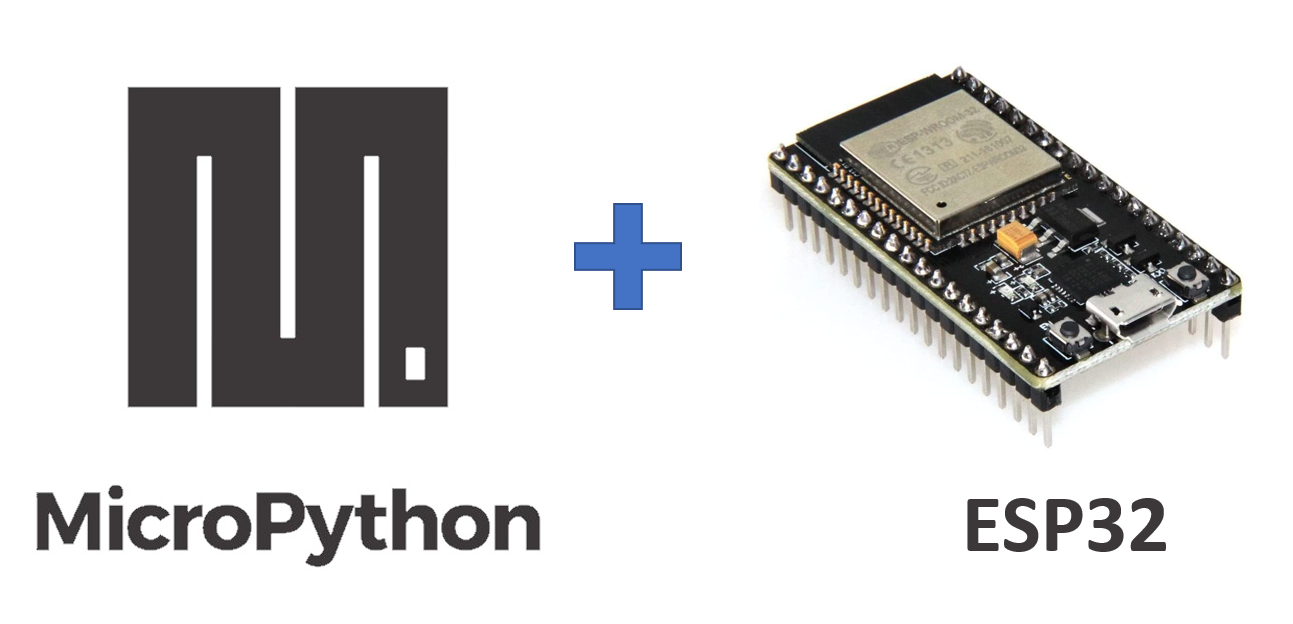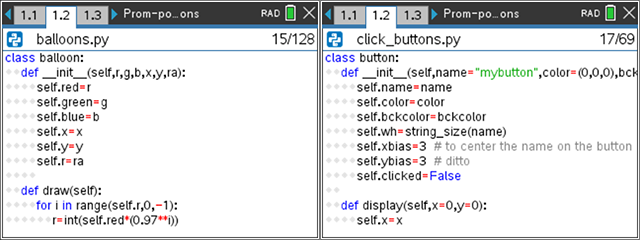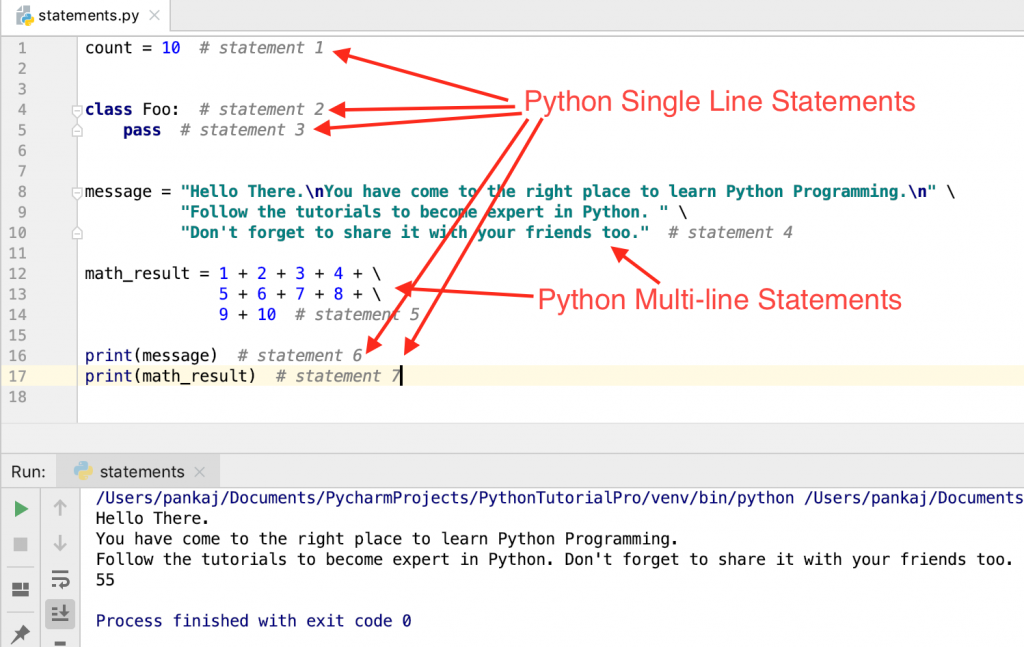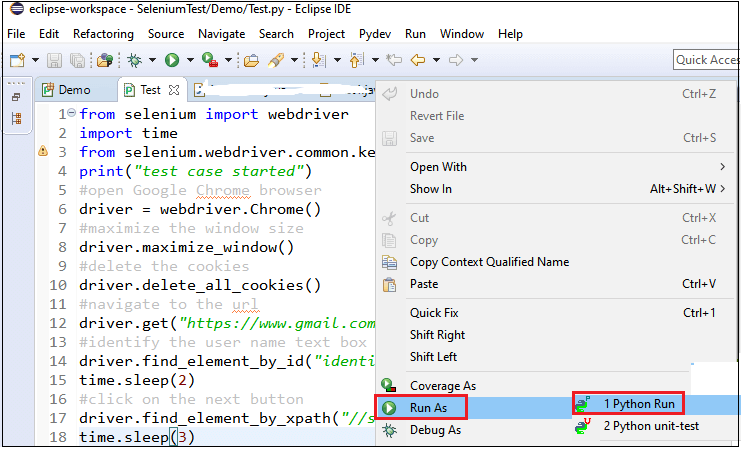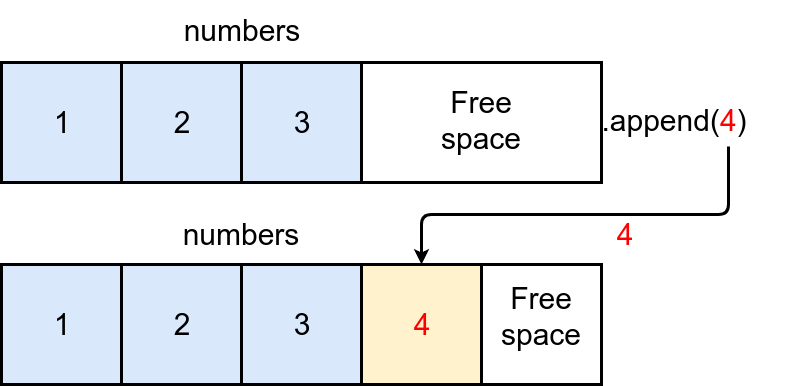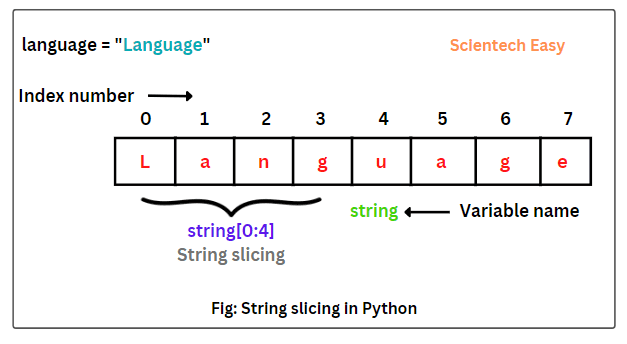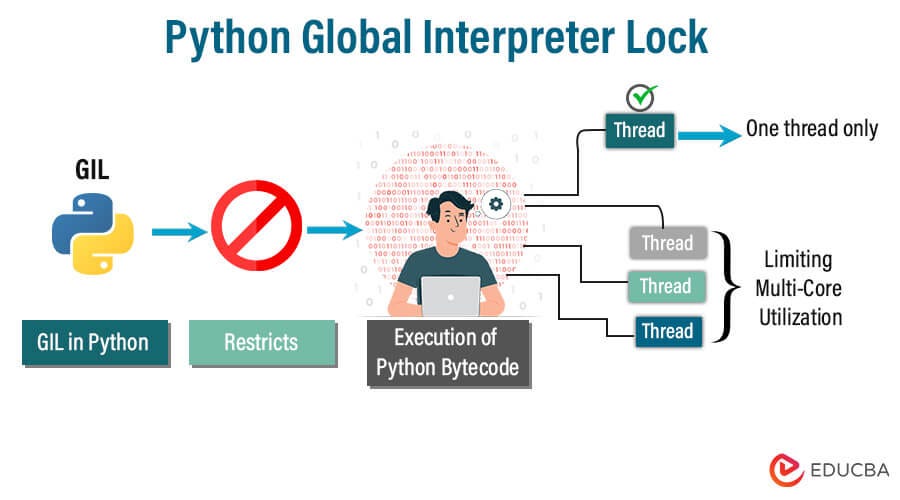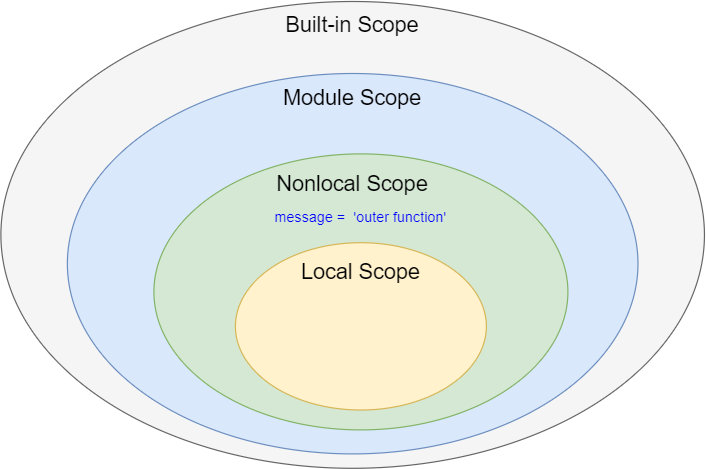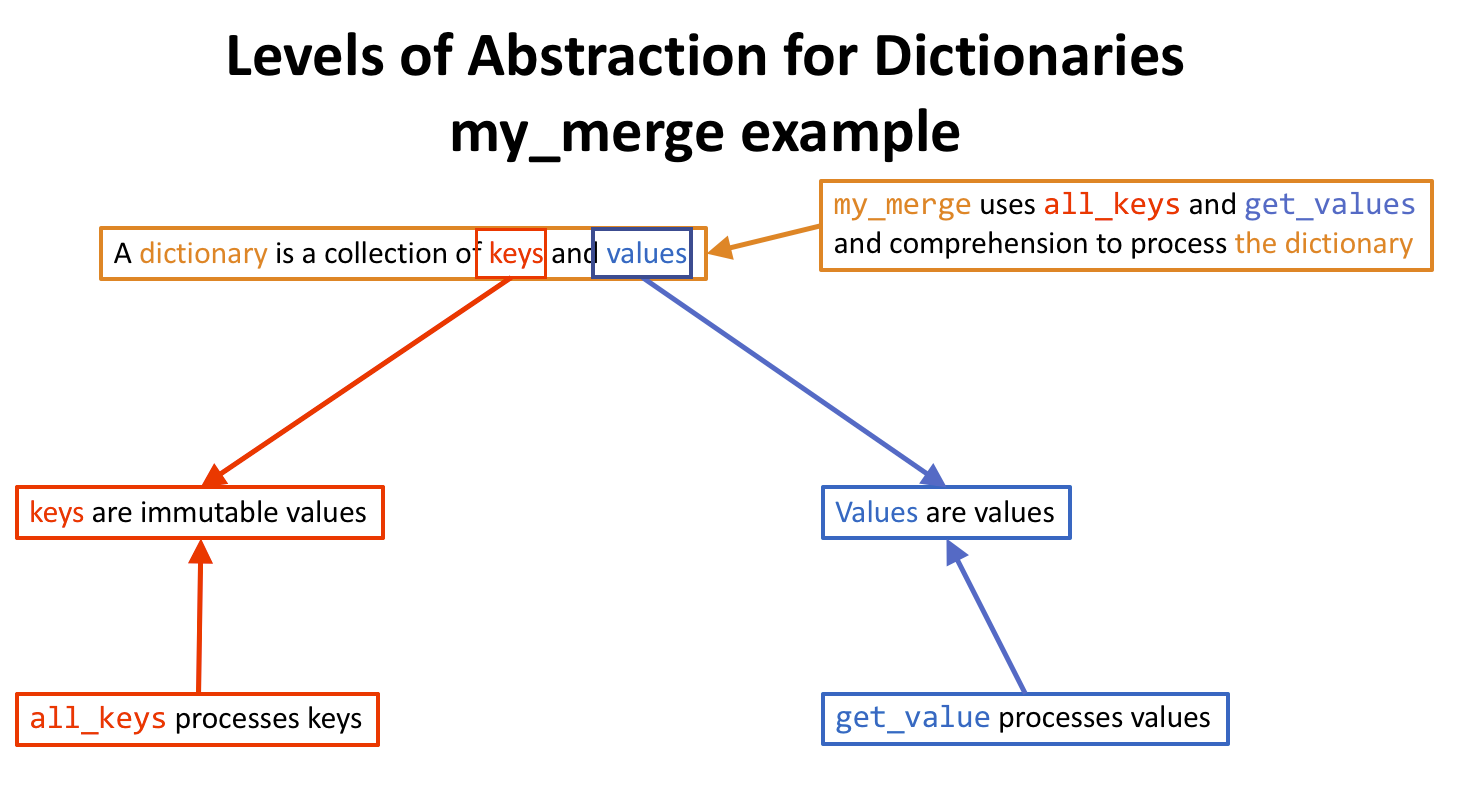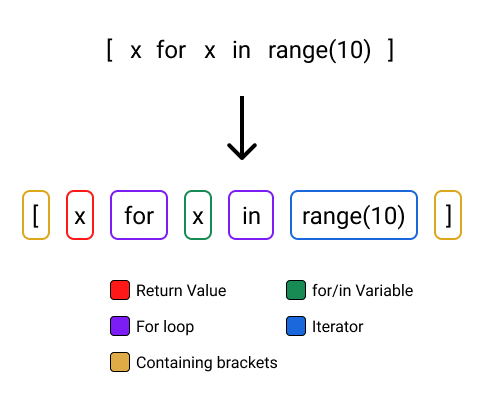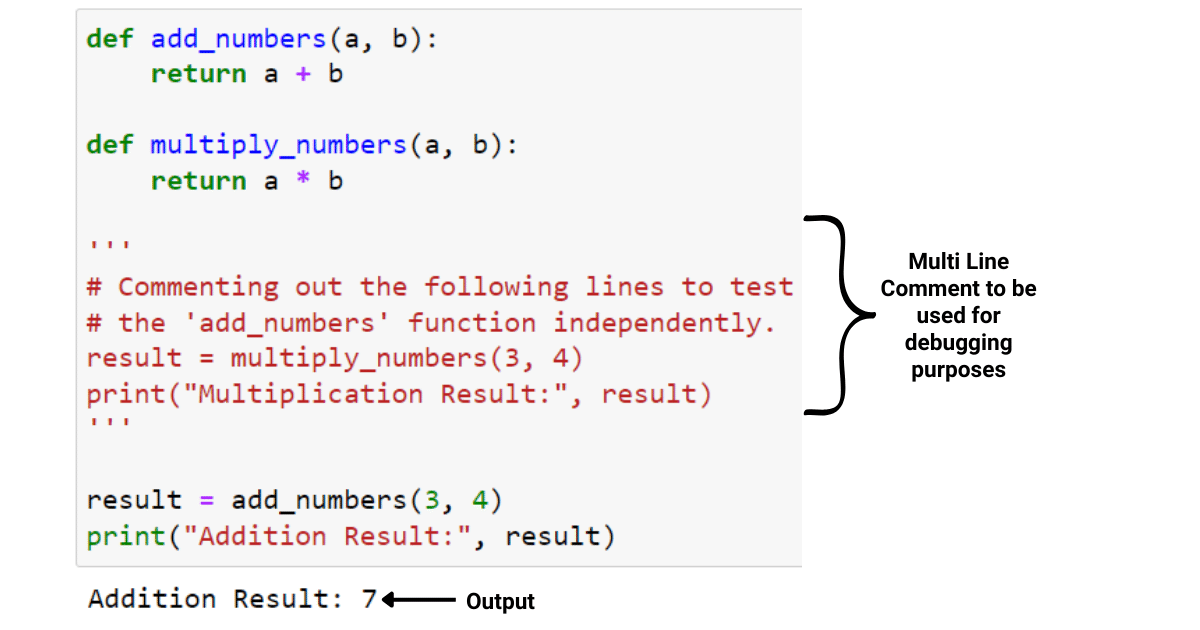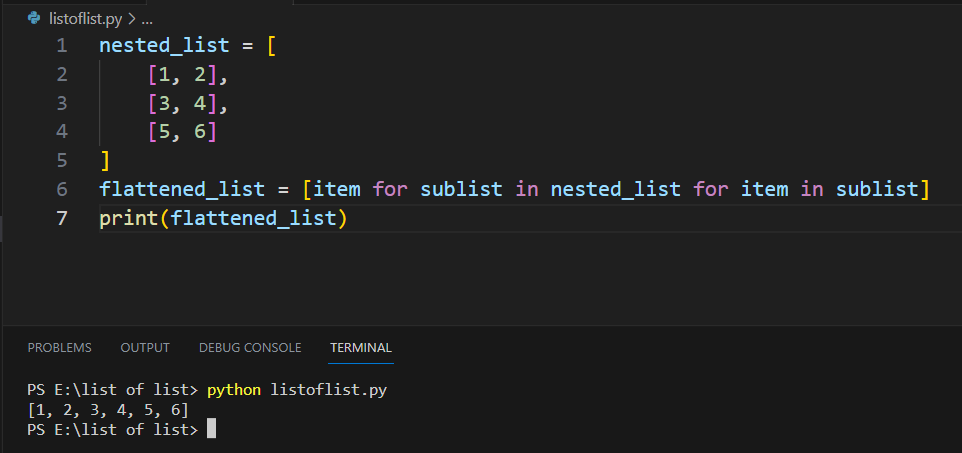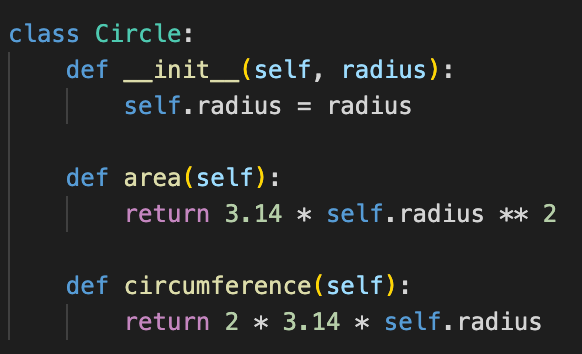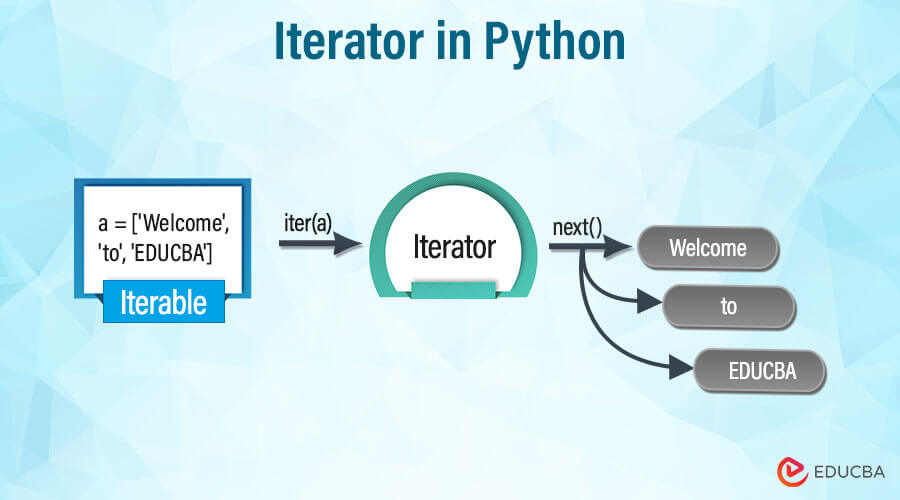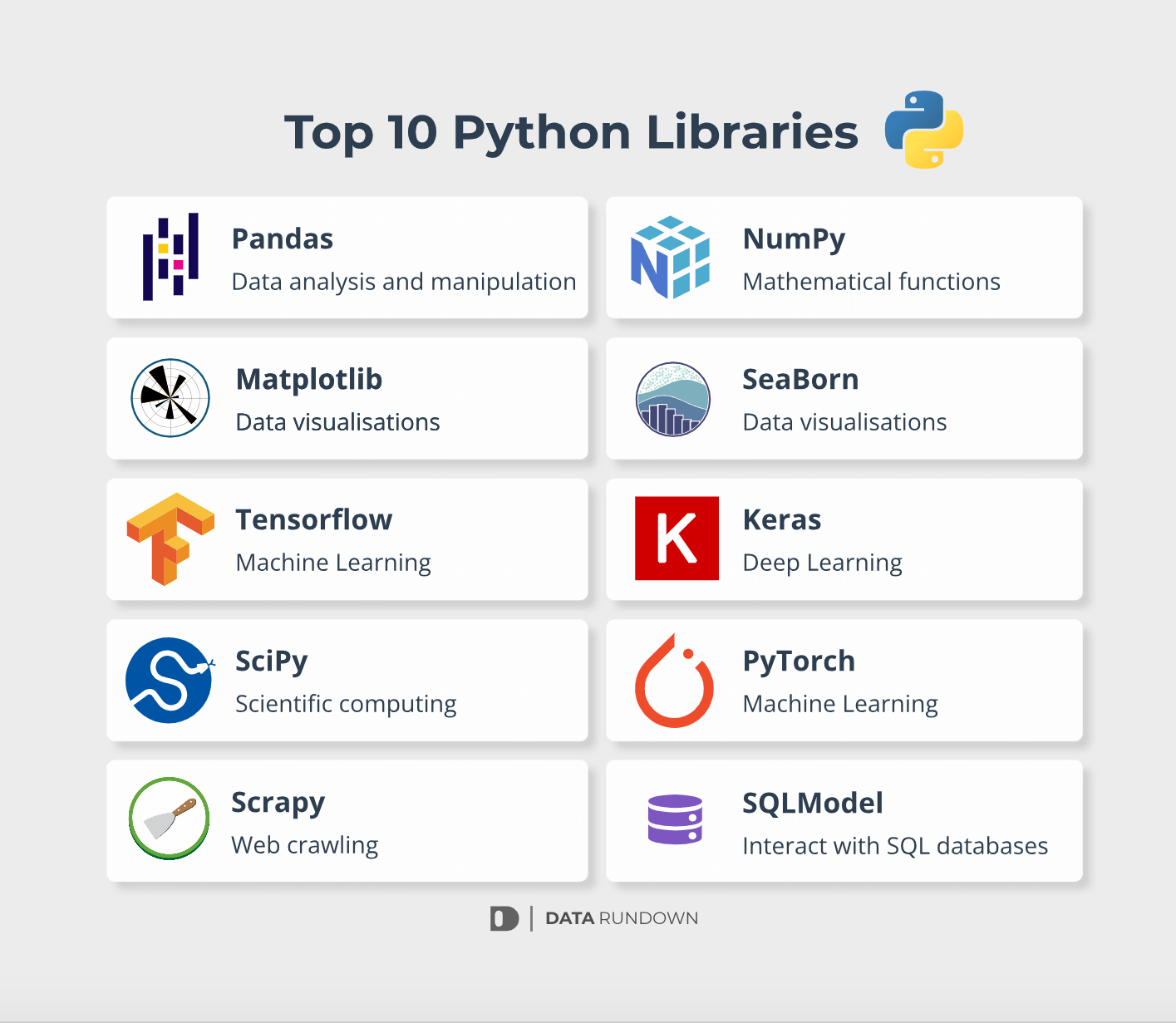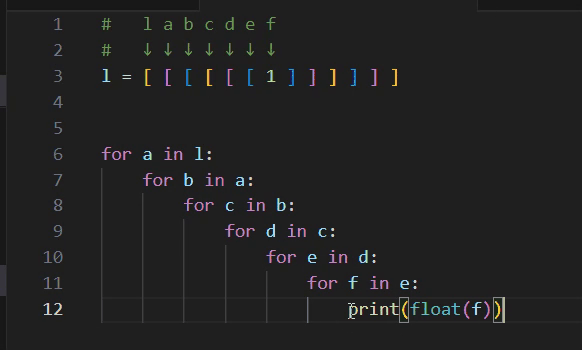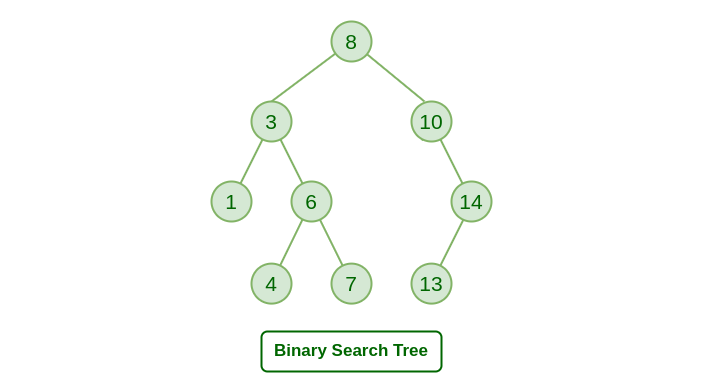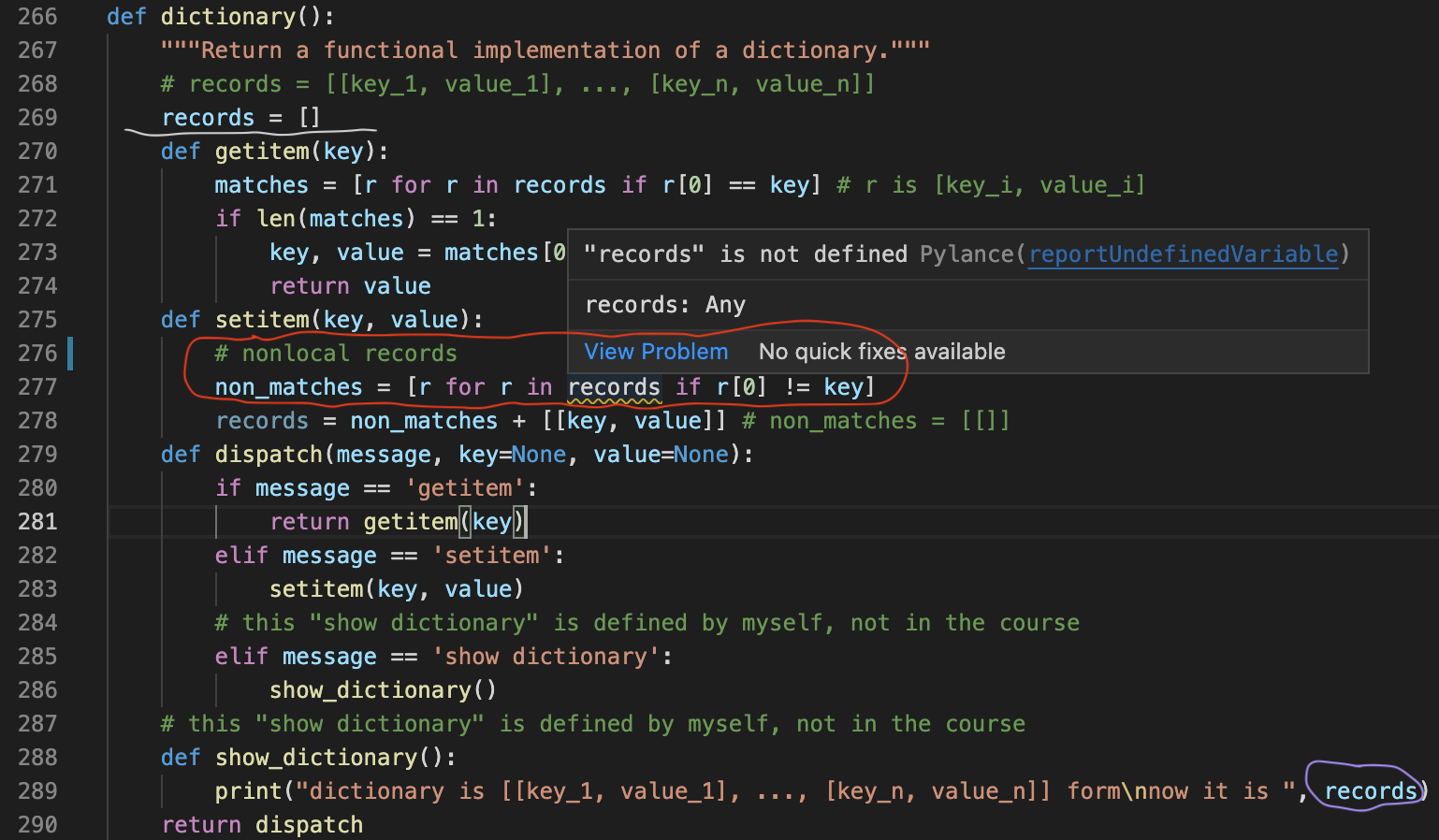What is metaprogramming in Python?
What is metaprogramming in Python?
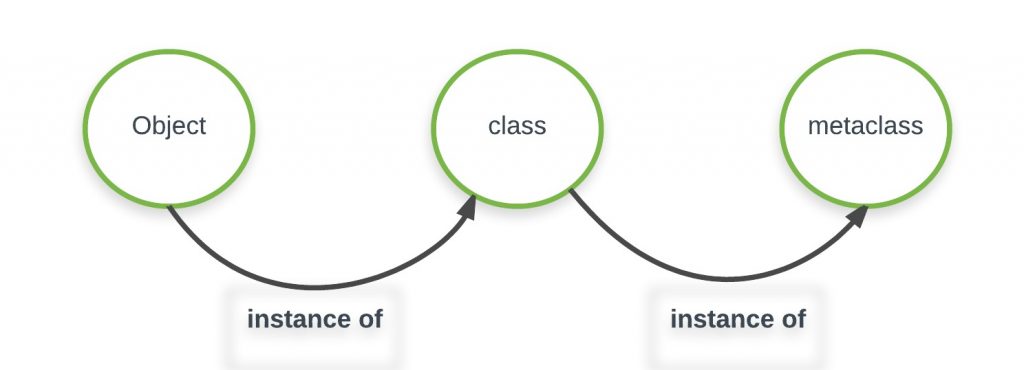
Metaprogramming is a programming technique that involves writing code that manipulates or generates other code. In the context of Python, metaprogramming allows developers to create more flexible and dynamic code by treating code as data.
Python provides several mechanisms for metaprogramming, including:
Meta classes: A meta class in Python is a class whose instances are classes. By defining a meta class, you can customize the behavior of a class when it's created. This allows you to implement complex logic during class creation, such as automatically generating attributes or methods.For example, the following meta class creates a new attribute foo on any class that inherits from it:
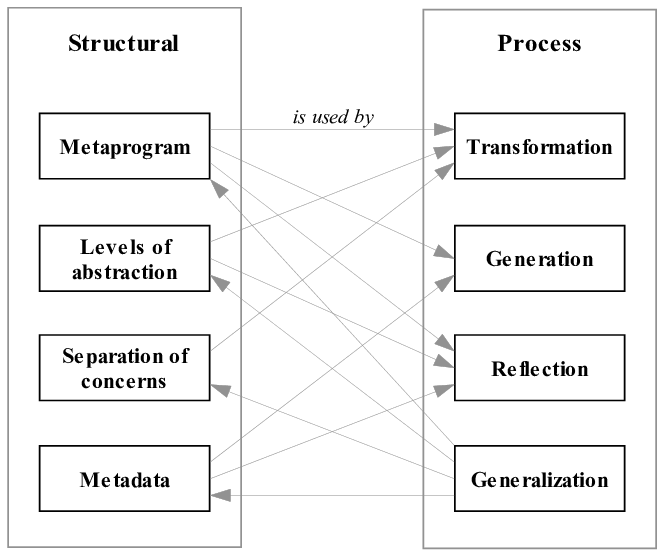
class FooMeta(type):
def new(meta, name, bases):
cls = super().new(meta, name, bases)
cls.foo = "bar"
return cls
class MyClass(metaclass=FooMeta):
pass
print(MyClass.foo) # Output: bar
types.MethodType class allows you to create new methods at runtime. This can be useful for implementing complex logic or generating methods based on certain conditions. Code generation: Python's ast and compile modules provide low-level APIs for parsing and compiling code. By using these modules, you can generate new code at runtime. Dynamic module creation: Python's importlib and types.ModuleType classes allow you to create new modules or modify existing ones at runtime.
Some common use cases for metaprogramming in Python include:
Generating code based on configuration files or user input Implementing domain-specific languages (DSLs) or mini-languages within your Python program Creating code that can adapt to changing requirements or data structures Generating boilerplate code for common tasks, such as serialization or deserializationHowever, metaprogramming can also make the code more complex and harder to understand. It's essential to use it judiciously and only when necessary.
Here is an example of using metaprogramming to generate code:
import inspect
import types
def create_adder(name):
def adder(x, y):
return x + y
return types.FunctionType(adder)
add = create_adder('add')
print(add(3, 4)) # Output: 7
del add
inspect.getmembers(add) # This will raise an AttributeError
In this example, we're creating a new function add at runtime using the create_adder function. The create_adder function returns a new function type and initializes it with the adder function. Then we can call this new function like any other Python function.
Metaprogramming is a powerful tool in Python, but it requires careful use and understanding of its implications.
python metaclass __call__
I'd be happy to explain Python's metaclass and the __call__ method.
In Python, a metaclass is a class whose instances are classes. Yes, you read that correctly - a class whose instances are classes! This allows us to customize how classes are defined, which can be incredibly powerful.
Let's start with the basics: every Python class has a metaclass that defines its behavior. By default, this metaclass is type, which is built into Python. The type metaclass is responsible for creating new instances of your class when you use the () operator to create an instance (e.g., MyClass()).
Now, let's talk about the __call__ method. This method is a special method in a metaclass that allows it to intercept calls to its classes' constructors (i.e., the __init__ method). In other words, when you create an instance of your class using the ( ) operator, Python will call the __call__ method on the class's metaclass before creating the instance.
Here's a simple example to illustrate this:
class MyMeta(type):
def call(cls, *args, **kwargs):
print("Calling MyClass's constructor!")
return super().call(*args, **kwargs)
class MyClass(metaclass=MyMeta):
def init(self, name):
self.name = name
Create an instance of MyClass
my_instance = MyClass("John")
print(my_instance.name)
In this example, when we create an instance of MyClass, Python will call the __call__ method on MyMeta, which is the metaclass for MyClass. This allows us to perform some custom logic before or after the constructor is called. In this case, we're simply printing a message.
Now, let's talk about why you might want to use __call__. Here are a few examples:
__call__ to implement aspects that need to be woven around your classes' constructors. Caching: You could cache instances of certain classes to improve performance. Error handling: You could catch and handle errors when creating instances of your classes. Dynamic class creation: You can create classes dynamically using type or another metaclass.
Keep in mind that __call__ is called for every instance creation, so it's essential to keep the overhead as low as possible.
In summary, Python's __call__ method on a metaclass allows you to customize how instances of your classes are created. This powerful feature enables you to implement various behaviors around class construction, from caching and error handling to more complex scenarios like aspect-oriented programming.
